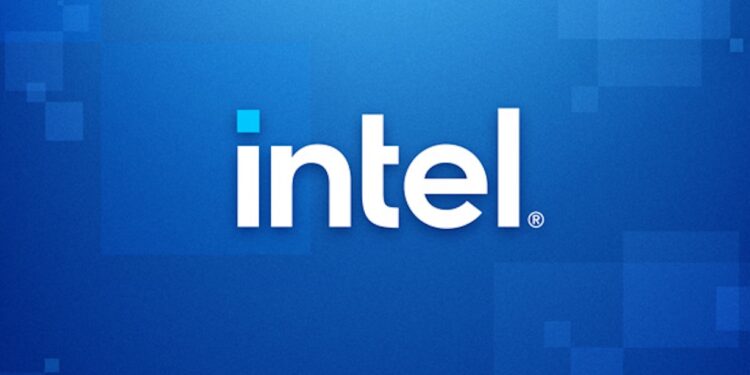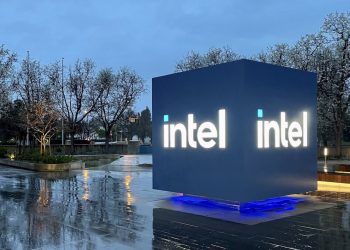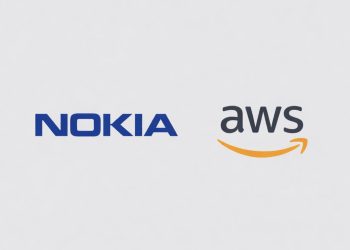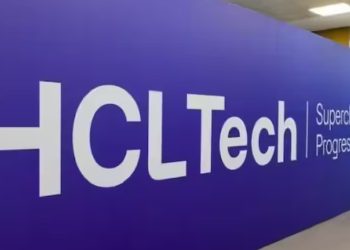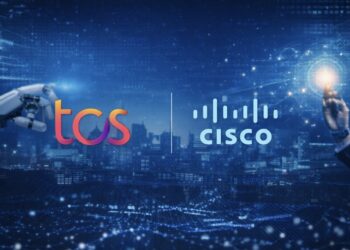The U.S. has acquired a roughly 9.9% passive equity stake in Intel Corporation, investing $8.9 billion in common stock at a price of $20.47 per share, at a discount of about $4 per share from Intel’s closing share price of $24.80 on Friday. The deal was announced on August 22, 2025. The initiative was announced during a recent press conference at Intel’s headquarters in Santa Clara, California.
The investment includes $5.7 billion from undisbursed CHIPS Act grants, paired with $3.2 billion from the Secure Enclave initiative—bringing the total U.S. grant-related funding to $8.9 billion, and when added to the $2.2 billion already received, Intel’s total backing rises to $11.1 billion.
Intel CEO Lip-Bu Tan describes the deal as historic, framing it as evidence that “the most advanced technologies are American-made” and crediting the administration for prioritizing national economic and security interests.
Technological Leadership
This investment isn’t just financial, it’s strategic because it fuses national security, economic competitiveness, and technological leadership into one high-stakes bet. Semiconductors are today what oil was in the 20th century: whoever controls them, controls the future.
Semiconductors are the “brains” of everything from fighter jets to smartphones. For decades, the U.S. ceded much of its advanced chipmaking to Asia, primarily Taiwan and South Korea. Intel was supposed to be America’s flagship, but it stumbled.
Now, Intel isn’t limited to PCs only; it’s about AI, cloud computing, and defense technologies. Chips power military systems, intelligence capabilities, surveillance, and next-generation AI tools. With global rivals racing ahead, America can’t adjust itself as a follower. By taking an equity stake, Washington is saying: Intel’s revival is America’s revival.
Impact of the Intel U.S. Government Deal on the Semiconductor Industry
The U.S. government’s equity stake in Intel may impact the global semiconductor industry in numerous ways. Taiwan’s TSMC, South Korea’s Samsung, and China’s SMIC now face a competitor backed not only by capital markets but also by Washington itself.
The supply chain is a concern for many companies, and America’s stake in Intel may attract major clients like Apple, Nvidia, and Amazon, which seek a secure, U.S. based supply chain. Intel is trying to position itself as the U.S. alternative to TSMC through its Intel Foundry Services (IFS). This could reduce the industry’s heavy reliance on Taiwan, critical given geopolitical tensions in the Taiwan Strait.
Also Read: SoftBank Group and Intel Corporation Sign $2B Investment Agreement
